News
Survey data collection completed in Denmark
With a total of 1,650 completed responses, the data collection for the 2021 Danish INVENT survey ended on June 15. A slightly larger share of women than men answered the questionnaire, half of the sample is above the age of 55, and one third is between 35 and 54 years old. While the majority of participants hold the Danish citizenship,
Effects of Covid-19 on Cultural Practices in Serbia
Results of Exploratory Study in Serbia – Part 1 The exploratory study was carried out in June and July 2020, with citizens invited to participate via Facebook accounts. The final sample included 215 respondents. The question All over Europe people are currently affected by the COVID-19 pandemic. Can you describe how this pandemic has affected cultural practices in your everyday life? in
What does culture mean to you?
Exploratory study among Spanish citizens by Jinju Kim and Jordi López Jinju Kim and Jordi López from the Spanish INVENT team conducted an exploratory study about the meaning of culture in Spain between 27th May 2020 and 4th July 2020 in Catalan and Spanish languages. It asked Spaniards “What comes to mind first when you think of the word culture?
Article on Socio-Political Polarization of Media Usage in Finland
Semi Purhonen, Adrian Leguina and Riie Heikkilä published an article in the Nordicom journal (see full Open Access version at https://www.sciendo.com/article/10.2478/nor-2021-0029). The article uses nationally representative data from Finland from two longitudinal and comparable data sets from 2007 and 2018 and shows a stability in the social stratification of media use which organizes itself around the same axes (Internet use/non-use and legitimate media use/non-use) in both years. The article demonstrates that new
Online Summer School on Media, Inequalities and Social Change
Current and Emerging approaches to Social In-/Exclusion in Media Studies Members of the Dutch INVENT team will be hosting the annual summer school of the Dutch national Research School for Media Studies (RMeS). The summer school will take place online from June 21-23 and features keynote presentations, seminars, and workshops by renowned scholars in the field. Approximately 40 PhD candidates
UK – Nil Points
On the 22nd of May, the Eurovision Song Contest held its Grand Final. On this occasion, the British representative James Newman received nil points from both the country juries and the general audience. Viewers went on Twitter arguing that the low score was linked to Brexit, with comments such as: “everyone hates the UK”. Such a mixture of politics and
Does culture foster integration?
INVENT paper accepted at ESA Conference 2021 Our paper „Does Culture foster Integration? How the Perception of European Culture is Related to Support for European Integration.” has been accepted for presentation at the 2021 congress of the European Sociological Association in Barcelona. The paper is based on brand new data collected in the UK, Switzerland and Spain. Authors are Jörg
Conversations about culture in the Danish Twittersphere
The Danish INVENT team will present the first country-specific results of the project’s data-scraping efforts at the 2021 NordMedia online conference in August of this year. The presentation on “#kultur – Mapping conversations about culture in the Danish Twittersphere” will focus on how Danish citizens use Twitter in relation to arts and culture. It also provides a methodological report highlighting
Social inequalities in cultural participation
Drawing on Eurobarometer data, Guiseppe Lamberti and Jordi López of the Spanish INVENT team compared the cultural participation of Europeans in 28 countries (EU 28) in 2007 with 2013 to analyze the effect of the economic crisis on the evolution of social inequalities in cultural participation. For both periods, the researchers considered to what extent people participated in a wide
Croatia’s participation in Creative Europe (2014-2020)
On the occasion of marking the end of the Creative Europe programme (2014 – 2020), the Croatian Desk of Creative Europe issued the publication “CREATIVE EUROPE (2014 – 2020): CROATIAN EXPERIENCES”. The bilingual (Croatian and English) publication offers a basic analysis of Croatia’s participation in the Creative Europe Culture sub-programme, providing the following highlighted information: Between 2014 and 2020, 96 Croatian

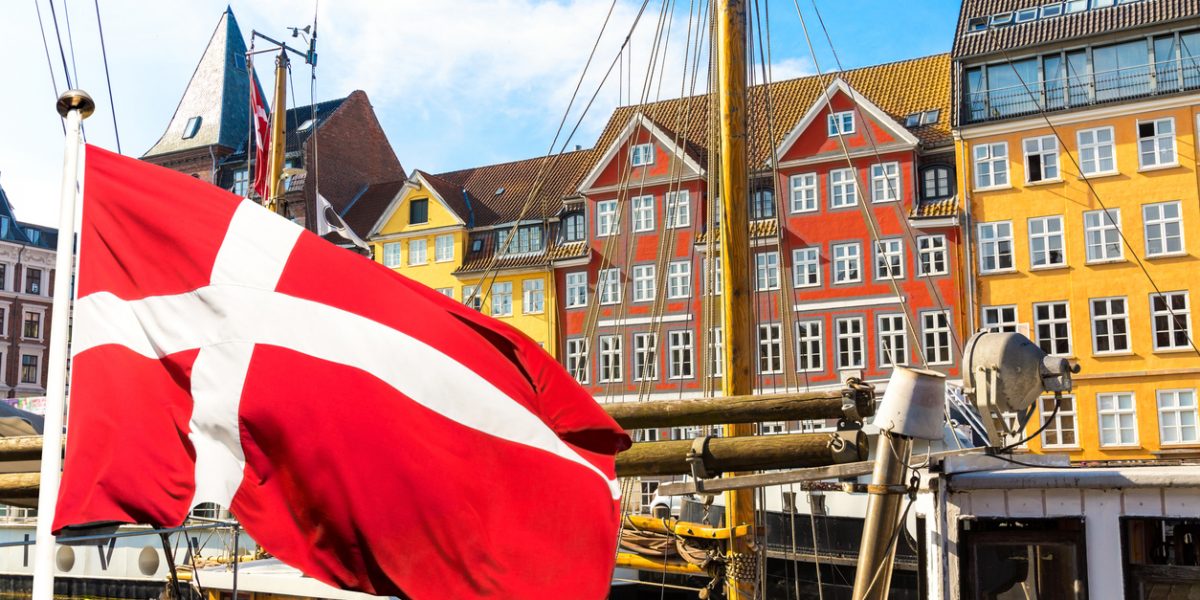

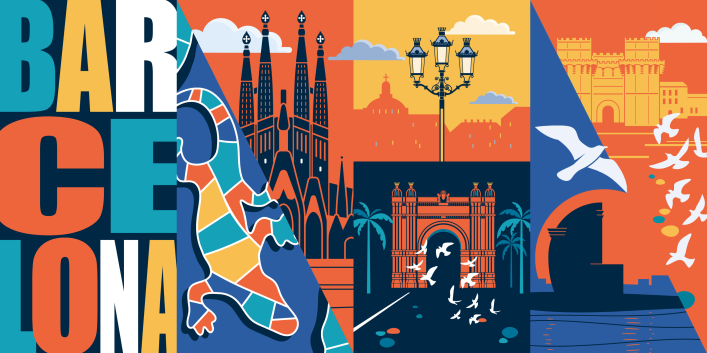

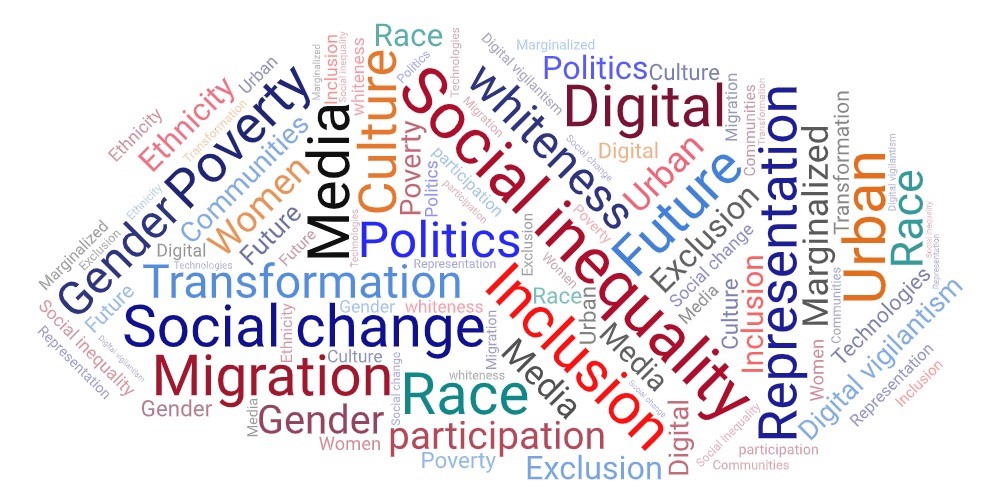
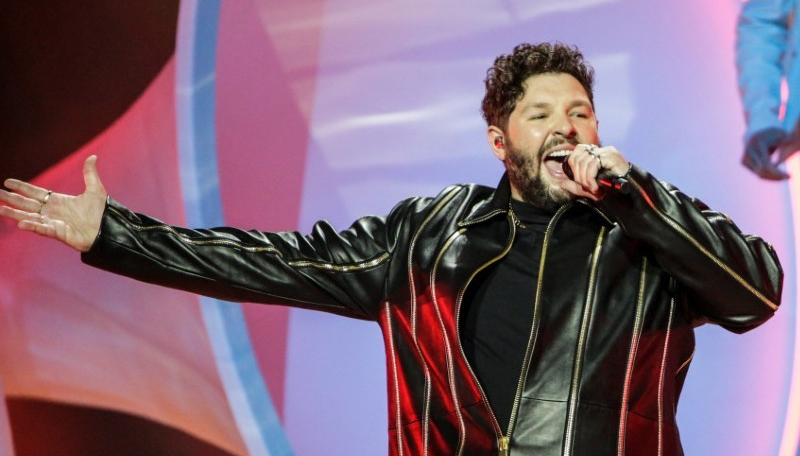
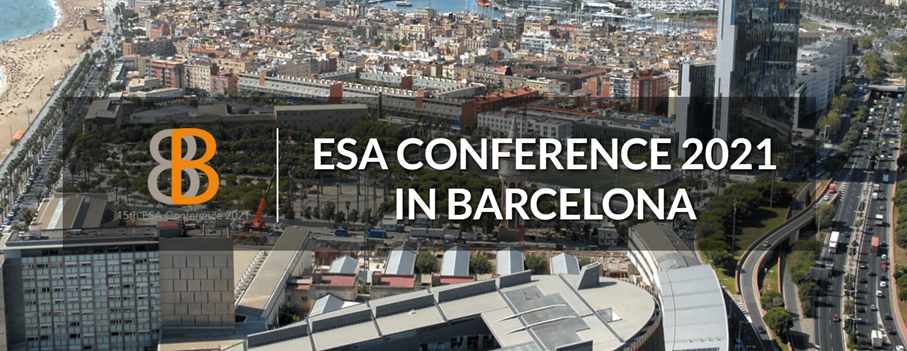


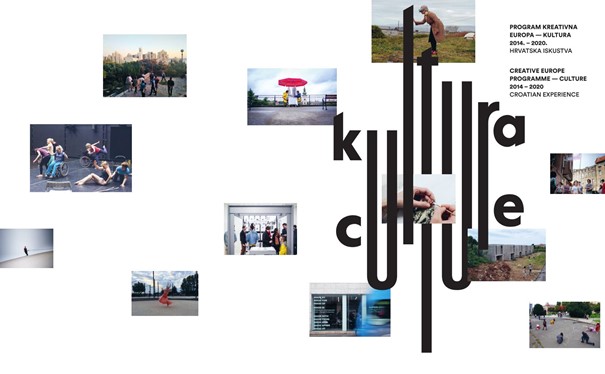

 This project has received funding from the European Union’s Horizon 2020 research and innovation programme under grant agreement No
This project has received funding from the European Union’s Horizon 2020 research and innovation programme under grant agreement No